In this week's case discussion from Dr Terry Harvey, this 20x17mm pigmented lesion is present on...
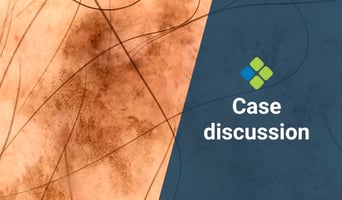
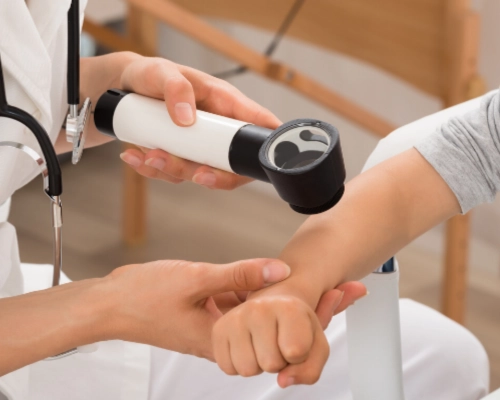
Recognised and developed by members of the International Dermoscopy Society, you will acquire in-depth knowledge in dermoscopy that will enable you to assess skin lesions with greater accuracy, detect melanomas in the early stages, and avoid unnecessary excisions.
This three-part program can be considered the most comprehensive dermoscopy online training for medical professionals as it offers the substantial knowledge required to correctly diagnose a wide range of lesions on any body part, skin type and patient group.
The certificate courses build upon the knowledge of the previous course and must be completed in sequential order to qualify for the professional diploma.
- CPD-accredited and presented by global leaders in the field.
- Start practising dermoscopy in your practice.
- Progress to the most accomplished level in skin cancer diagnosis.
$1995
In the Professional Certificate course, you will learn how to manage melanoma, facial lesions, acral lesions, and benign and malignant non-melanocytic lesions commonly seen in clinical practice.
$1995
The Advanced Certificate course will teach you how to manage difficult benign lesions, rare skin tumours, melanomas, and the broad spectrum of BCC and keratinocyte skin cancer.
$1995
The Professional Diploma course will teach you how to screen lesions in different age groups and skin types, and manage various types of lesions and patients with multiple moles.
Learn the basic principles of applying dermatoscopy in inflammatory skin diseases and trichoscopy, common inflammatory dermatoses of the face and trunk, and dermatoscopy in skin of colour.
This course explores the applications of dermoscopy in diagnosing a range of skin and hair conditions commonly seen in primary care.
This course offers a comprehensive guide to the principles of dermatopathology and will help you understand and interpret pathology reports.
Facilitated entirely online with personal 1:1 mentorship from dermoscopy expert A/Prof Andreas Blum, there is an opportunity to consider and interpret dermoscopic images and then receive feedback and elaboration on features and indicators within the image.

Study at your own pace and to your own schedule.

Did you know you can also study most of these course modules in HealthCert 365?
If you're not interested in pursuing a full certificate or Professional Diploma in this field but simply want to enhance your skills in specific topics covered in this course, you can access the content of this (and almost all other HealthCert courses!) for a flat fee of $995 per year.
The program is aimed at qualified medical doctors with a clinical interest in dermoscopy and the wish to subspecialise in skin cancer medicine.
Doctors who have completed the UQ Certificate of Advanced Dermatoscopy and Histopathology or other formal dermoscopy training can receive academic credit towards the Professional Diploma (the final course in the three-part program) if they achieve a pass mark in the exams of the first two certificate courses Professional Certificate of Dermoscopy and Advanced Certificate of Dermoscopy. Upon successful exam completion doctors can directly progress to and will only need to pay for the Professional Diploma of Dermoscopy course.
NOTE: While the Professional Certificate of Skin Cancer Medicine course covers Dermoscopy, it does not qualify for recognition of prior learning in the Certificate and Professional Diploma of Dermoscopy program which quickly moves on to more advanced dermoscopy techniques, including the Chaos and Clues method and the assessment of lesions on the face and acral sites. Professional Certificate of Skin Cancer Medicine alumni should begin with the Professional Certificate of Dermoscopy course.
This organisation is an RACGP-accredited CPD provider under the RACGP CPD Program.


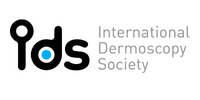
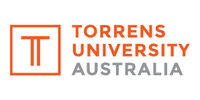
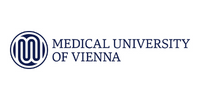
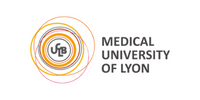
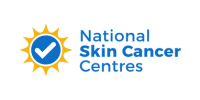
Want to stay up-to-date with the latest case studies, podcasts, free video tutorials and medical research articles pertinent to primary care?
Our Education Advisors can assist you with any queries and tailor our education pathway to suit your current expertise, interests and career goals.